
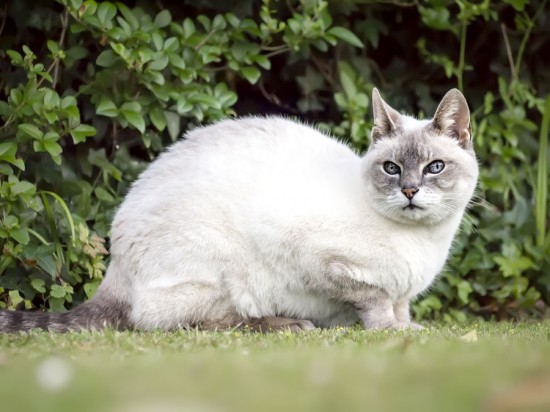
Progressive kidney disease (known as Chronic Renal Failure) is common in cats and the earlier it is detected, the quicker it can be treated. The progress of the disease can be slowed, in many cases leading to the cat to deliver quality of life for several years after diagnosis.
The kidneys are the organs in the body that remove waste products and extra water from the bloodstream. These waste products are removed from the body in a form of urine. The products are made up of the normal breakdown of active muscle and from the food that your cat eats. Once the body has taken nutrients and what it needs from the food, to use as energy and also to self-repair, the waste is sent to the blood where is filtered through the kidneys and into the urine.
The kidneys also have some other important functions. They regulate the body's level of minerals for example sodium, phosphorus and potassium. They also assist in blood pressure regulation.
Any abnormality or disorder which can cause damage to the kidneys is referred to as kidney disease. The damage caused to the kidneys is usually irreversible. There can be many causes for kidney damage including infection, tumours, poisoning and injury. There are other factors that can make cats more prone to kidney disease these include:
The problem with kidney disease is your cat may not show any warning signs in the early stages and that the symptoms of serious illness only appear in advanced stages. In fact when your cat shows serious signs, three quarters of the kidneys function may have already been lost. Should your cat display an increased thirst it is important to seek veterinary advice. Other signs to look out for include:/p>
Because many of the symptoms can also be displayed with other conditions, the veterinary surgeon will likely want to take a blood test from the cat. This is performed by taking a sample from either the jugular vein in the neck or cephalic vein in cats leg.
A kidney profile tested in the laboratory can give a definitive diagnosis of the disease. Many veterinary centres are able to test this in their own laboratory, making diagnosis much quicker.
Because kidney disease is progressive, it cannot be cured, only managed. Support can be given in several ways:
Besides following that advice of the veterinary surgeon, owners can help support their cats in the following ways:
If the owner is feeding a description renal diet then the following should also be observed:
With sensible compliance owners, cats with kidney disease can stand a much better chance of survival. Any concerns regarding kidney function should be referred to a vet as a matter of urgency.
 Top Tips On How To Keep A Chow Chows Coat Looking Good
Top Tips On How T
Top Tips On How To Keep A Chow Chows Coat Looking Good
Top Tips On How T
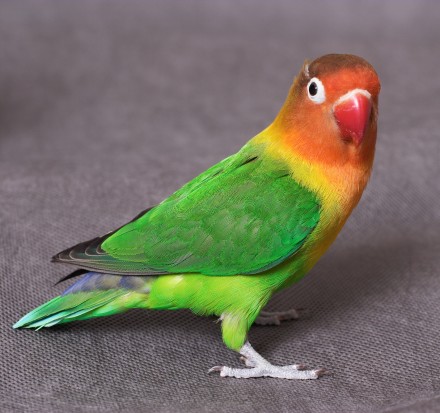 Common Lovebird Illnesses
Common Lovebird I
Common Lovebird Illnesses
Common Lovebird I
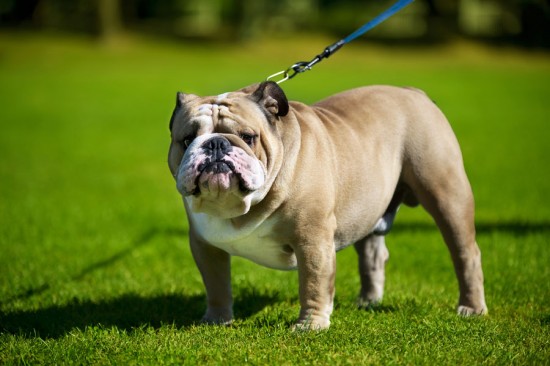 Pedigree Dogs Exposed - Three Years On (part Two)
Pedigree Dogs Exp
Pedigree Dogs Exposed - Three Years On (part Two)
Pedigree Dogs Exp
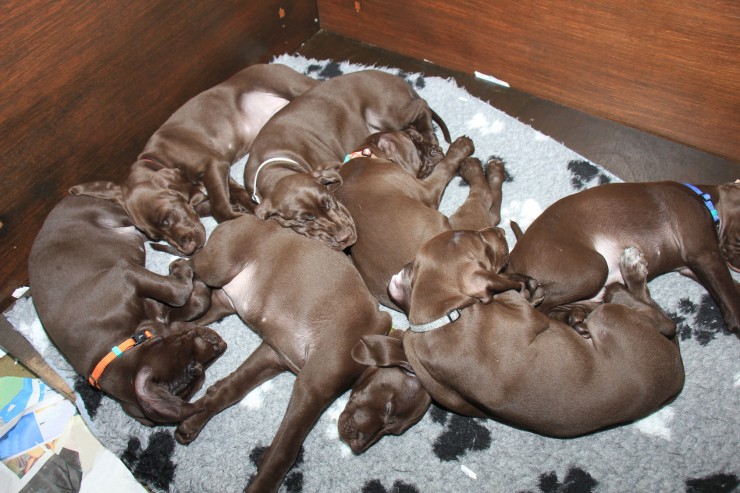 Seven Warning Signs Of Illness To Watch Out For In Young Puppies
Seven Warning Sig
Seven Warning Signs Of Illness To Watch Out For In Young Puppies
Seven Warning Sig
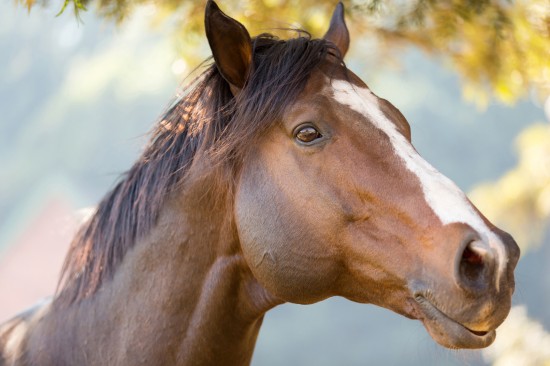 Has Your Horse Got A Hearing Problem?
Has Your Horse Go
Has Your Horse Got A Hearing Problem?
Has Your Horse Go
Copyright © 2005-2016 Pet Information All Rights Reserved
Contact us: www162date@outlook.com